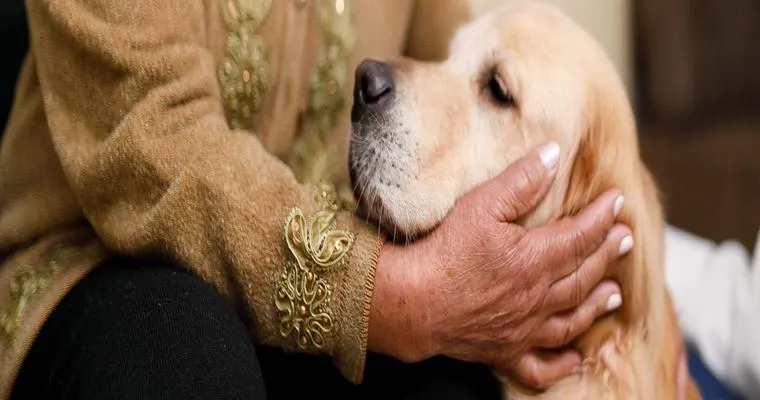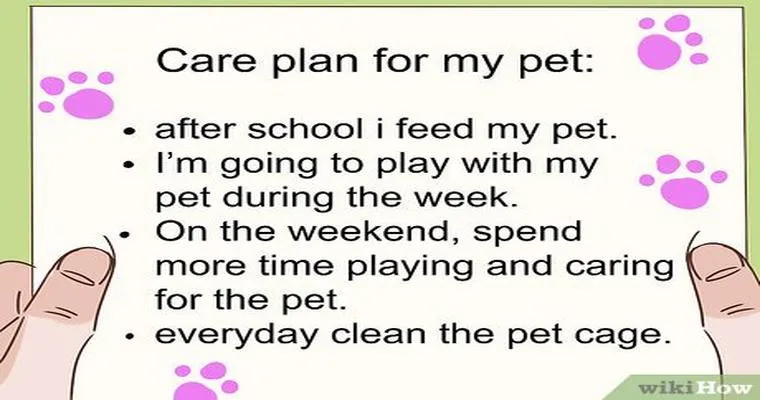As our loved ones age, they may face challenges that affect their ability to care for their beloved pets. When a "senior" can no longer care for their "pet", it can be an emotional and difficult situation for both the individual and their furry companion. Understanding the options available and the steps to take can help ensure that pets continue to receive the love and care they deserve.
When a senior's physical or mental health declines, they might struggle with daily tasks, including feeding, grooming, and providing adequate exercise for their pet. This can lead to concerns about the "pet's health" and well-being. It is crucial for family members and caregivers to assess the situation and determine the best course of action.
One of the first steps is to have an open discussion with the senior about their ability to care for their pet. This conversation should be approached with empathy and understanding, recognizing the emotional bond that exists between them and their animal. Seniors may feel guilty or resistant to the idea of rehoming their pet, so it is essential to reassure them that their pet’s well-being is the priority.
If it becomes clear that the senior can no longer provide adequate care, there are several options to consider. One possibility is finding a new home for the pet with family members or friends who are willing to take on the responsibility. This can help ease the transition for both the senior and the pet, as they may still be able to visit or receive updates about their beloved animal.
Another option is to reach out to local "animal rescues" or shelters. Many organizations have programs designed to help seniors find loving homes for their pets when they can no longer care for them. These organizations often have resources and support to ensure that pets are placed in suitable environments, allowing seniors to feel more secure in their decision.
Additionally, some communities offer pet care assistance programs specifically for seniors. These programs can provide services such as dog walking, grooming, and even veterinary care to help seniors maintain their pet ownership for as long as possible. Utilizing these resources can sometimes alleviate the burden on seniors and enable them to continue enjoying the companionship of their pets.
In some cases, if rehoming is not a viable option, seniors may need to consider "pet hospice" or end-of-life care for their animals. This can be an incredibly difficult decision, but ensuring that pets remain comfortable and pain-free is paramount. Many veterinarians offer guidance and support during this challenging time.
It is important to remember that the decision to rehome a pet or seek alternative care options is not a reflection of failure but rather an act of love and responsibility. By making thoughtful choices, families can ensure that both seniors and their pets receive the care and support they need.
In conclusion, when a senior can no longer care for their pet, it is essential to approach the situation with compassion and understanding. Exploring various options for rehoming or providing assistance can help ensure that pets remain happy and healthy while allowing seniors to maintain their dignity and peace of mind. Open communication and community resources can play a crucial role in navigating this emotional journey.





